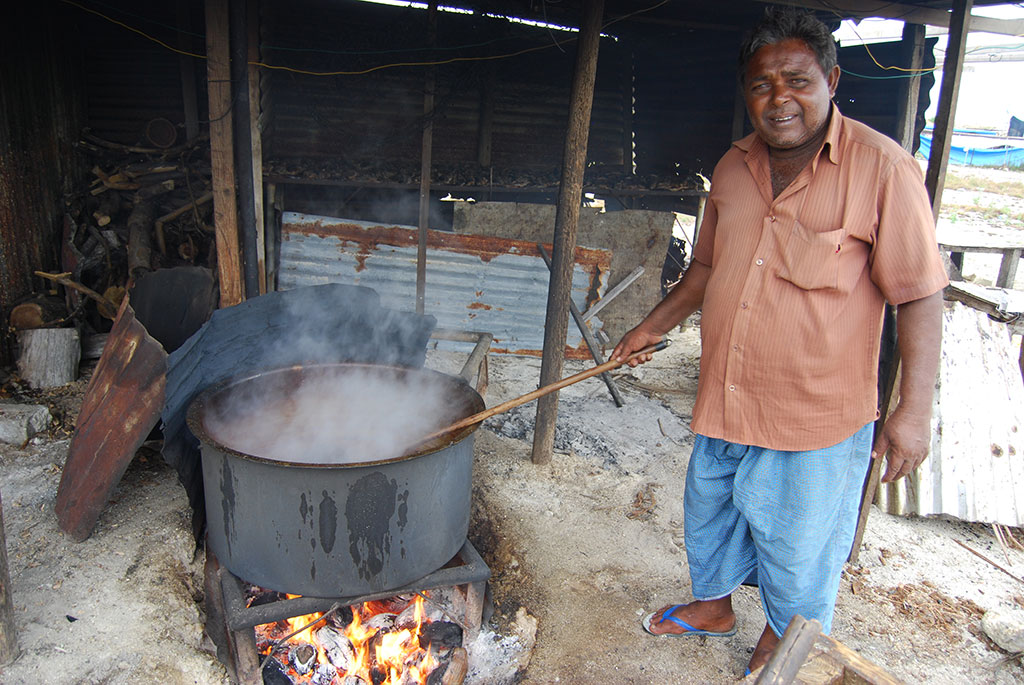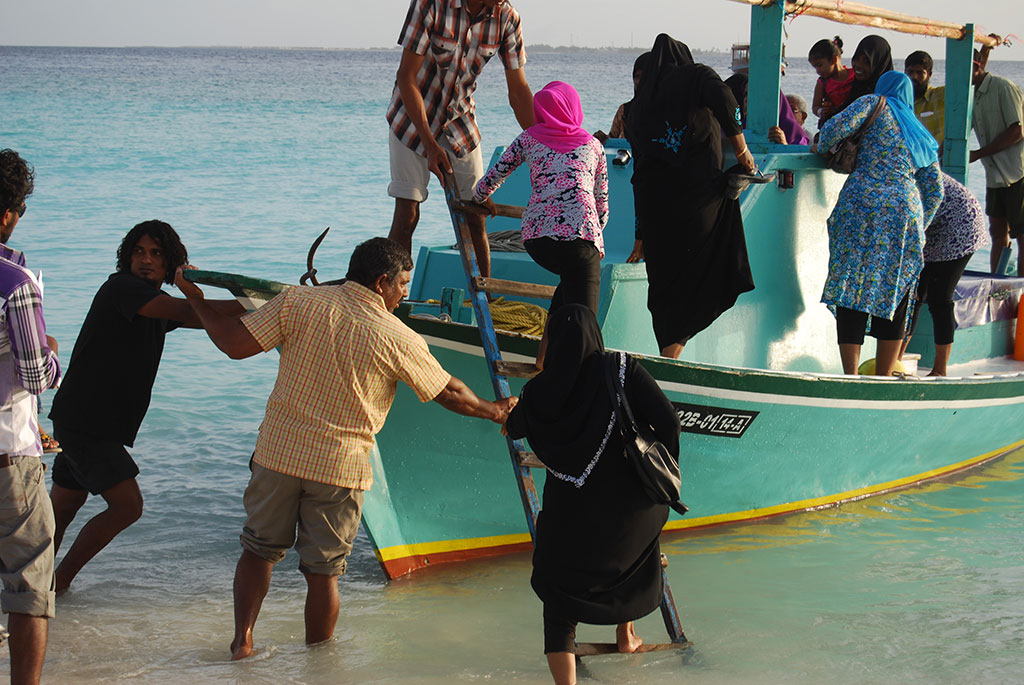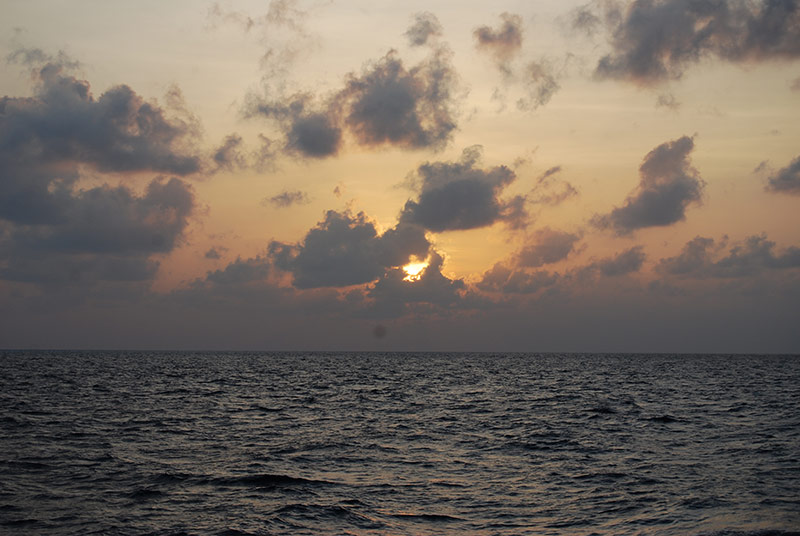I’M WRITING this first blog 30,000 feet above Mongolia or the edge of Russia. I haven’t turned on the “entertainment” screen on the seat in front (yet) as it feels like a moment of freedom. I have no internet, no emails, no bother from others . . . this is really rather peaceful. Fields of pink clouds are turning peach and scarlet below as we soar in the direction of Siberia.
For the past ten days I have been in China. During this period the internet has not worked as normal. This is because the Chinese government will not allow it to do so. Therefore I have not been able to access Twitter and the web has been strangely reluctant to divulge its usual secrets. Odd signs click up: “This server cannot regulate that command.” Google is impossible as well – it too has been banned, as has Facebook (though I’ve never bothered with that).
In China, the truth is regulated though many circumnavigate the authorities. Deep in darkest Wuhan in central China – and it was dark, thanks to the dismal and prevailing pollution in the country – a man I met told me that he had learnt how to see both Facebook and Twitter. “One app that’s all you need,” he said. “We all do it in the office.”
As on this flight, I enjoyed being offline for a while – Big Brother had done me a favour. When I took a picture of the Great Wall of China from an isolated spot and realised the subsequent tweet would not go . . . well, I thought, so what.
It was a relief. The internet, I believe, is having a pernicious effect on the way we travel. It’s a matter I raise in Gatecrashing Paradise: Misadventures in the Real Maldives, my new book that covers the darker side of this iconic travel “destination”.
The world wide web was just about everywhere, even on remote islands many miles from the traditional tourist resorts – some, I was told, had never had a tourist before. I was their first. Yet even on tiny hidden-away places that did not make the guidebooks – such as lovely Makunudhoo in the north-west of the archipelago – Google Earth was lurking in the sky. Figures in sarongs were fiddling on smartphones.
So as I did during my trip in China thanks to the authorities, I went Google-less for a while.
I had a great time. My colleague on The Times in London, Ben Macintyre, once wrote that the internet “has brought the world to your room … there are no spaces on the map to be filled in, no place that Google Earth has not seen already”.
Yet he believes that this is an “illusion of omniscience” and the veteran travel writer Paul Theroux agrees: “If the internet were everything it is cracked up to be, we would all stay at home and be brilliantly insightful. Yet with so much contradictory information available, there is more reason to travel than ever before: to look closer, to dig deeper, to sort the authentic from the fake; to verify, to smell, to touch, to taste, to hear, and sometimes – importantly – to suffer the effects of this curiosity.”
In Gatecrashing Paradise I tried to dig deeper, to go beneath the PR spin of this most apparently “perfect” of holiday spots. I found human trafficking, rising Islamic fundamentalism, drug abuse, dodgy politics (a democratically elected leader ousted in a coup), corruption, floggings of women for sex out of marriage, prison torture (I talk to two victims), great gaps between the haves and the have-nots, and fear of a rising sea caused by climate change wiping the entire place out.
Not so much of this was on the internet – and certainly not, of course, in holiday brochures.
So I didn’t mind a Twitterless time in China. I realise that a “blog” is embracing the internet, but I’ll only post every now and then.
Happy travels… oh, and my Twitter feed is @tchesshyre
Gatecrashing Paradise: Misadventures in the Real Maldives is published by Nicholas Brealey





Comments are closed.